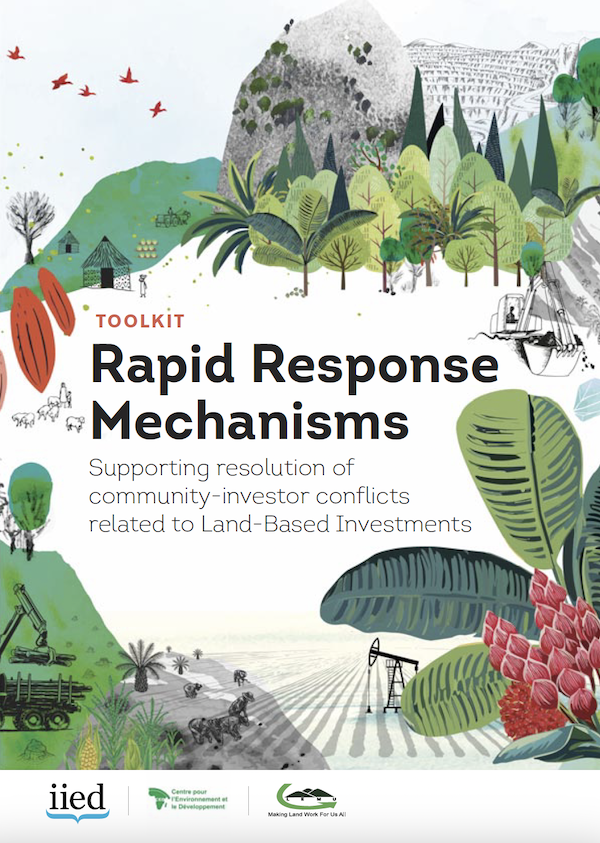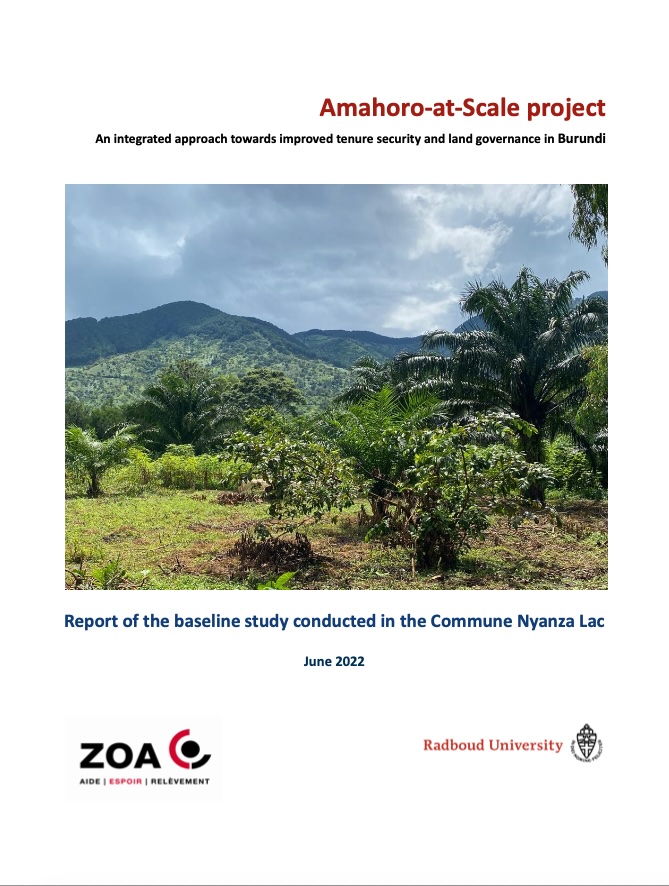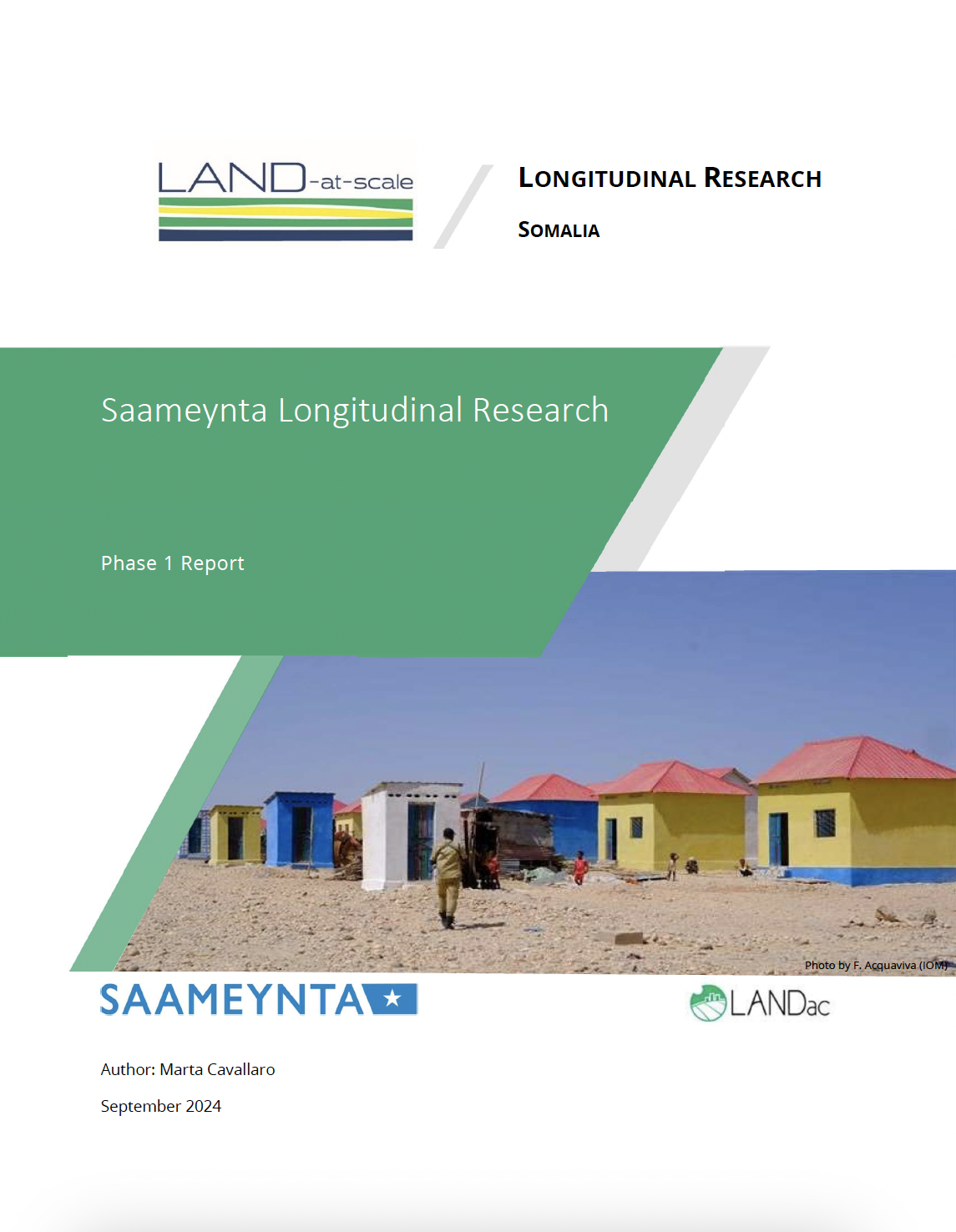Climate change, human mobility, and peace and security in Guatemala: An examination of dominant policy narratives
This policy brief seeks to assess the current ‘state of play’ of Guatemala’s national policy discourse with regards to the intersection of climate change, migration, food and nutritional insecurity, and peace and security. It does so through the deployment of a policy coherence and awareness analysis (PCAA) methodology.
Rapid Response Mechanisms
Often, approaches to investment-related land rights violations are reactive, rather than proactive and preventative: legal support is usually provided after communities have been negatively impacted, displaced or evicted — and after lives have been lost, property destroyed, local waters and soils polluted, and communities devastated. In such cases, legal support has a limited chance of reversing the damage caused.
Amahoro-at-Scale project: An integrated approach towards improved tenure security and land governance in Burundi
The baseline study aims to generate the baseline data on the Amahoro-at-Scale project’s main indicators, which will serve as reference for the mid-term and final evaluation. The baseline study should help set more realistic targets for the indicators.
The Amahoro-at-Scale project is part of the larger LAND-at-Scale programme, funded by the Dutch Ministry of Foreign Affairs and implemented by its Enterprise Agency (RVO).
Saameynta Longitudinal Research
The longitudinal study aims to delve into the link between displacement patterns and land governance in Somalia, as well as the impact of the solutions that are currently being used to address displacement in the context of the UN-led Saameynta program.
Sudan Situation Reports
Securing Tenure in Crises
Accès sécurisé à la terre des personnes déplacées internes au Burkina Faso
Le Burkina Faso est un pays sahélien, enclavé au cœur de l’Afrique de l’Ouest, dont l’économie s’appuie essentiellement sur l’agriculture et l’élevage. L’avènement du changement climatique, la prolifération des sociétés immobilières, le boom minier et les mouvements de populations ont contribué à augmenter la pression foncière et exacerbé la pauvreté et les conflits fonciers, mettant à rude épreuve le vivre ensemble. Cette pression foncière est accrue par le déplacement massif de la population dû à la crise sécuritaire qui secoue le pays depuis près de dix ans.







